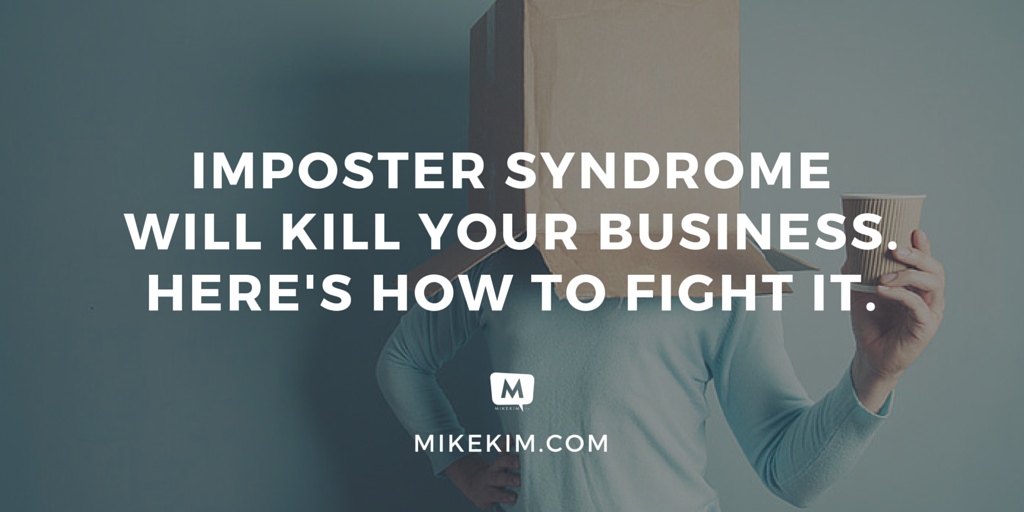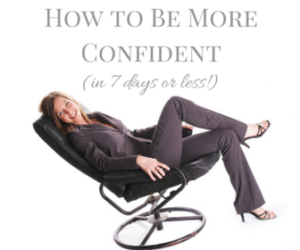This is a guest post by speaker and women’s leadership expert, Dr. Ann Vertel.
 When I was 27 I received orders as a Naval Officer to the U.S. Naval Academy in Annapolis, Maryland to fulfill the role of Protocol Officer. I was to coordinate all the official social activities of the Academy’s Superintendent, a two-star Admiral.
When I was 27 I received orders as a Naval Officer to the U.S. Naval Academy in Annapolis, Maryland to fulfill the role of Protocol Officer. I was to coordinate all the official social activities of the Academy’s Superintendent, a two-star Admiral.
I worked about 75 hours a week, planning and running dinners, receptions, concerts, and lectures. It was exciting, exhausting, and fun. We hosted Boris Yeltsin, Margaret Thatcher, Harrison Ford, several U.S. Presidents and just about every member of Congress.
I quickly became a Barbie-doll-like version of myself, a smile plastered to my face, doing what we called the “grip and grin.” I was smooth, polished, coiffed, – and I was good at it.
But inside I felt like a fraud.
Say Hello To Your Inner Imposter.
Every organization, from the military to a non-profit, requires conformity to its standards and norms. Sometimes this is overt, using strict rules and regulations, and sometimes it’s quite subtle. It’s what we call a corporate culture.
But that doesn’t mean a little part of us doesn’t die inside every day we’re there.
I loved the Navy and especially the high-caliber of the people with whom I worked. But I also knew my gifts and talents were stifled in an organization that offered a limited and defined path to success.
After 20 years of service, I was excited and more than ready to retire that role and launch a personal brand that gave me freedom and unlimited potential.
This turned out to be much harder than I thought.
Not because of time, desire, discipline, or technology, but because launching a personal brand business means you have to come face to face with your own inner imposter.
I was moving into a whole new world – a stranger in a strange land constantly butting up against something new. I started to doubt my abilities, even my intelligence, and wondered when I’d be “found out” for being a poser.
From Barbie Doll to Raggedy Ann.
The imposter syndrome calls into question your own beliefs about yourself.
“Imposter syndrome” is a real thing! The term was coined in 1978 by clinical psychologists Dr. Pauline R. Clance and Suzanne Imes referring to high-achieving individuals marked by an inability to internalize their accomplishments and a persistent fear of being exposed as a “fraud”.
Well, that nails it.
For someone pivoting from a corporate role to building their own personal brand, this can prevent us from fully embracing our gifts, talents, and expertise. That special “it factor” that puts our personal brand over the top.
 For me, it meant I needed to speak from the heart. No more “grip and grin” and no more rules and regulations. I needed to release the Barbie Doll and get comfortable showing up as Raggedy Ann.
For me, it meant I needed to speak from the heart. No more “grip and grin” and no more rules and regulations. I needed to release the Barbie Doll and get comfortable showing up as Raggedy Ann.
Now, I’ve survived third-world countries and repelled out of a helicopter, but using my authentic voice seemed much scarier than that.
It’s Time To Move From Pretender to Personal Brand.
I felt exposed. Still do. But each time I step up and speak my truth, I discover that nothing bad happens. In fact, the opposite is true and l get a little bit better at molding my personal brand.
Why? Because my personal brand is simply me. Just like your personal brand should just be you. Not the bad, ickly, bedhead, need-a-shower you, but the best version of you. That person you are when you feel like a champion, when you’re seen for exactly who you are by the people that think you rock. Those are your people and they love you beyond measure. Those are the people you must go serve.
And besides that, we need you out here. The world could use more people building authentic personal brand businesses because we need more real-deal mentors to step into their light so we can step into ours.
If you’re still struggling to confidently embrace your unique story, no matter how boring you think it is, please just stop. Take the mask off. Show us the part of you that was locked away long ago, before some group or organization turned you into a persona.
Get reaquainted with that kid in you that still feels awkward and vulnerable. I guarantee you there is power in that.
You don’t need to find your authentic voice, you just need to rediscover it, embrace it as the uniquely designed gift that it is, and then put it to good use helping as many people as possible.
That is why you’re building a personal brand in the first place, right?
Struggling To Build Confidence? Grab This Free Training.
 The antidote to Imposter Syndrome isn’t just a bunch of over-hyped self talk. It’s definitely not a “fake it ’til you make it” thing either. Confidence comes from self-awareness, and tapping into your authentic self through an intentional, thoughtful process.
The antidote to Imposter Syndrome isn’t just a bunch of over-hyped self talk. It’s definitely not a “fake it ’til you make it” thing either. Confidence comes from self-awareness, and tapping into your authentic self through an intentional, thoughtful process.
If you want to gain and maintain more confidence, take advantage of this free training, “How To Be More Confident in 7 Days or Less.” The practical exercises and valuable takeaways will equip you to step into your true, authentic self.
 Dr. Ann Vertel is a women’s leadership expert who helps women develop executive leadership skills so they can stop settling for less, start leading with confidence, and achieve their highest potential in life, love, and business.
Dr. Ann Vertel is a women’s leadership expert who helps women develop executive leadership skills so they can stop settling for less, start leading with confidence, and achieve their highest potential in life, love, and business.
As a 20-year Naval Officer and Motivational Psychologist, she speaks, trains, and consults with businesses, associations, institutions, and non-profits to help them develop strong, confident, effective women leaders.
